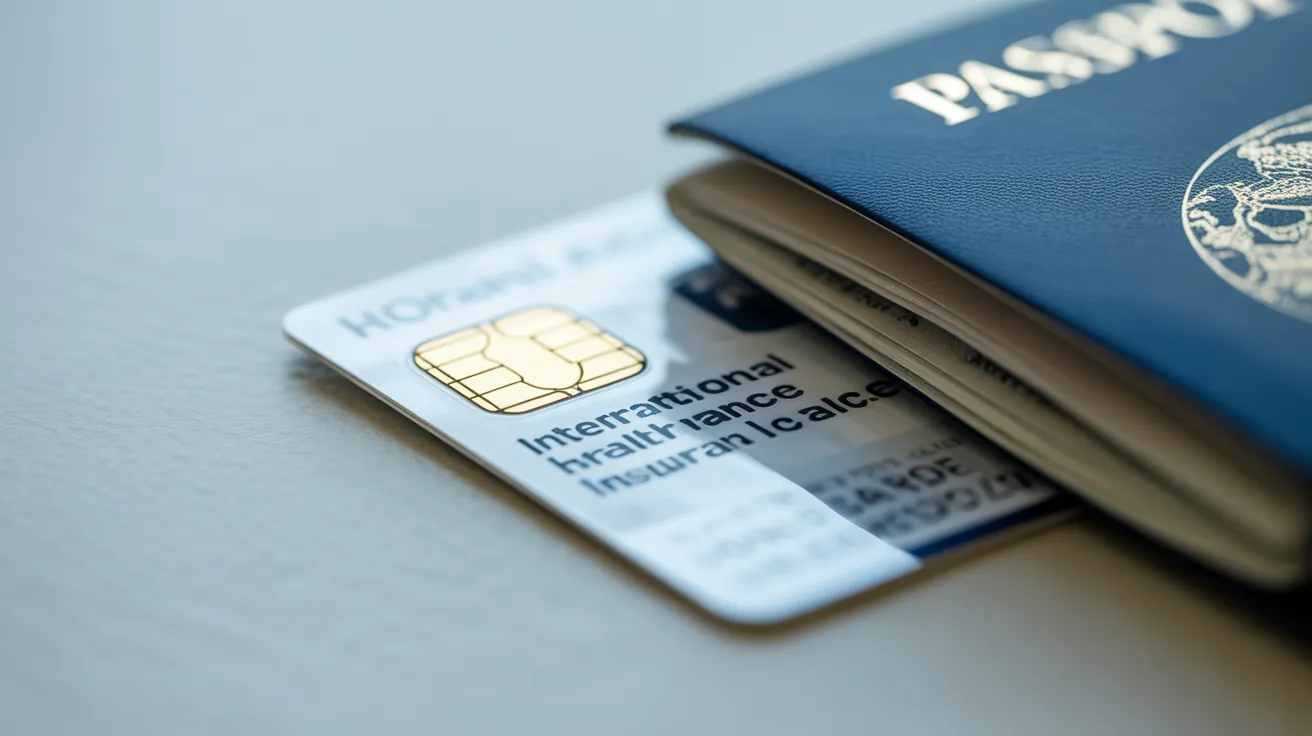
Frequently Asked Questions
1. How do I handle my U.S. taxes while living abroad?
As a U.S. citizen, you are required to file a federal tax return every year, regardless of where you live. However, you may be able to exclude a significant portion of your foreign-earned income using the Foreign Earned Income Exclusion. Social Security benefits may also be taxed differently depending on the tax treaty between the U.S. and your new country of residence. It is highly recommended that you hire a tax professional who specializes in expat tax issues.
2. Does Medicare cover me overseas?
No, with very rare exceptions, Medicare does not provide coverage outside of the United States. You will need to secure private international health insurance or enroll in the local healthcare system of your new country, if eligible. Many expats choose to keep their Medicare Part A (which is usually free) in case they return to the U.S. for care, and they often suspend their Part B premiums while abroad.
3. Is it safe to retire abroad?
Safety varies from country to country and even city to city, just as it does within the U.S. Most popular retirement destinations are generally safe, but it’s essential to do your research. The U.S. Department of State website provides detailed travel advisories for every country. Online expat forums are also a great place to ask current residents about safety in specific neighborhoods.
4. How can I stay connected with family and friends back home?
Technology makes it easier than ever to stay in touch. Free video calling services like WhatsApp, FaceTime, and Zoom allow you to see and talk to loved ones regularly. Creating a shared photo album or a family blog can also be a wonderful way to share your new life and experiences. Planning for regular trips back home, and budgeting for them, is also a key part of a successful long-term plan.
5. What is the best way to handle banking and money?
Most expats maintain a U.S. bank account to receive Social Security and pension deposits. They then open a local bank account in their new country for daily expenses. Services like Wise (formerly TransferWise) or Revolut are popular for transferring money between your U.S. and international accounts with much lower fees than traditional banks. It’s also wise to have a U.S.-based credit card with no foreign transaction fees for travel and online purchases.















